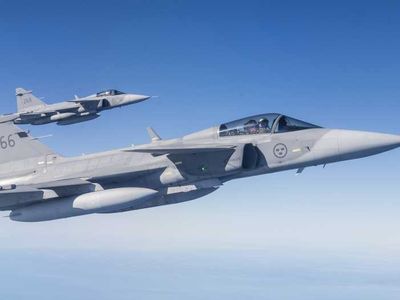The course will mainly be based on lectures . The lectures will cover physiological responses as well as constraints and countermeasures during exposure to high G loads, weightlessness, increased and reduced ambient pressure and hot and cold climates.
The course will also include demonstrations of a human-use centrifuge, hypo- and hyperbaric pressure chambers and physiological responses during local cold exposure.
In addition, the students will be requested to participate in seminars concerning thermal physiology, altitude physiology, diving & hyperbaric physiology and acceleration & gravitational physiology.
The objectives are to provide the student knowledge concerning physiological responses and medical constraints during exposure to certain harsh environmental conditions, namely: high gravitoinertial (G) load, weightlessness, increased and reduced ambient pressure and hot and cold environments. The course will also highlight how humans make use of different devices, techniques and/or behavioural strategies to withstand such environments. Upon completion of the course, the student will know about:
• Physiological responses and medical problems during exposure to cold climates.
• Countermeasures against local cold injuries and hypothermia.
• Physiological responses and medical problems during exposure to hot climates.
• Countermeasures against heat exhaustion and heat stroke.
• Physiological responses and medical problems during exposure to high G loads.
• G-protective behaviour and anti-G garments/measures.
• Physiological responses and medical problems during and following exposure to weightlessness
• Countermeasures against undesirable effects of weightlessness.
• Physiological responses and medical problems during immersion and exposure to high ambient pressures.
• Countermeasures against barotrauma and decompression sickness.
• Physiological responses and medical problems in submarine vehicles.
• Life-support systems in submarines and techniques for free escape from a bottomed submarine.
• Physiological responses and medical problems at high altitudes.
• Countermeasures against acute hypoxia and mountain sickness, and high-altitude acclimatisation.
